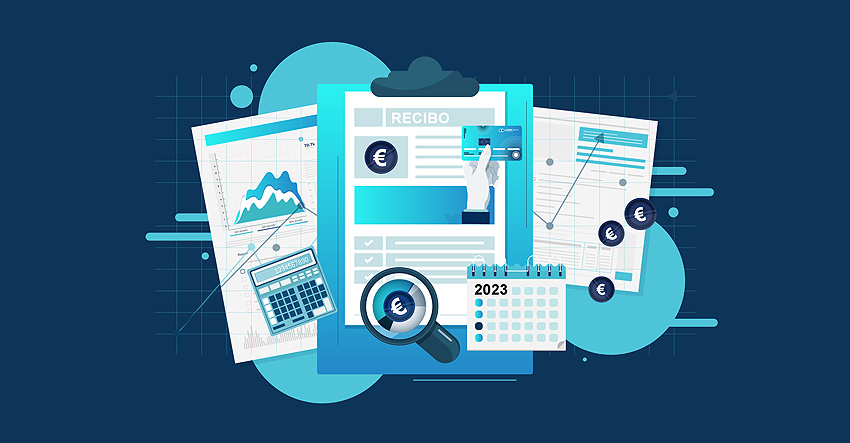What happens if I return a debit?
27/04/2023
There must be hardly anyone left, nowadays, who continues to pay for basic services by going in person to the company's office. Most bills come to us through the bank. Direct debit is a payment service that consists of a charge to the payer's account, who pays the debit. The charge is sent by the payee, the company that charges for its services.
If, as a customer, you want your entity to provide you with this service, you must, as the account holder, sign a prior, express authorisation so that the entity can make the charges.
What happens when you want to return a debit when the direct debit order is still valid? The payment services regulations provide for the customer's right to order the return of direct debits or bills that the bank has to handle. This period for ordering the return varies depending on whether the charge was previously authorised (eight weeks) or not (thirteen months).
The return of debits has consequences. Therefore, the entity may ask what the reason for the return is to avoid subsequent problems. For example:
- If the return is because they sent us a debit by mistake or because we need urgent liquidity at that time, and we fail to explain the reason, we run the risk of the supplier company thinking that we are cancelling the service.
- In particular cases, such as debits issued by Social Security Administration or the Tax Revenue Service, the refund may result in surcharges and loss of subsidies or discounts not only for the debit returned, but also for subsequent ones that were not issued.
These cases can be avoided if the correct specific return key is assigned. The bank must advise you correctly, in accordance with best banking practice.
And remember that, in accordance with best practice, when you give instructions to the institution, rejecting debits or other payment orders, it must use all means to comply with them because its duty is both to process the orders it receives and to look after the interests of its customers.



